Cambodia’s senate president Hun Sen has accused Thailand of broadcasting high-pitched “ghost sounds” along the disputed border after the country’s human rights commission urged the UN to investigate what it described as psychological warfare.
Hun Sen, the former prime minister, said Cambodia’s human rights commission had written to the UN to investigate the “intense, high-pitched noises” that were causing anxiety and discomfort among people living near the border.
Pre-recorded and high-decibel sounds of “ghosts”, wailing children, howling dogs, rattling chains, and roaring helicopters have been blasted through loudspeakers at night since 10 October, according to human rights organisations.
It comes after Cambodia and Thailand agreed to a ceasefire along their disputed border following talks in Malaysia in July, ending the worst border clashes between the two armies in a decade that killed nearly 40 people and displaced hundreds of thousands.
On Thursday, Mr Hun Sen shared a letter dated 11 October from the commission to the UN high commissioner for Human Rights, Volker Türk.
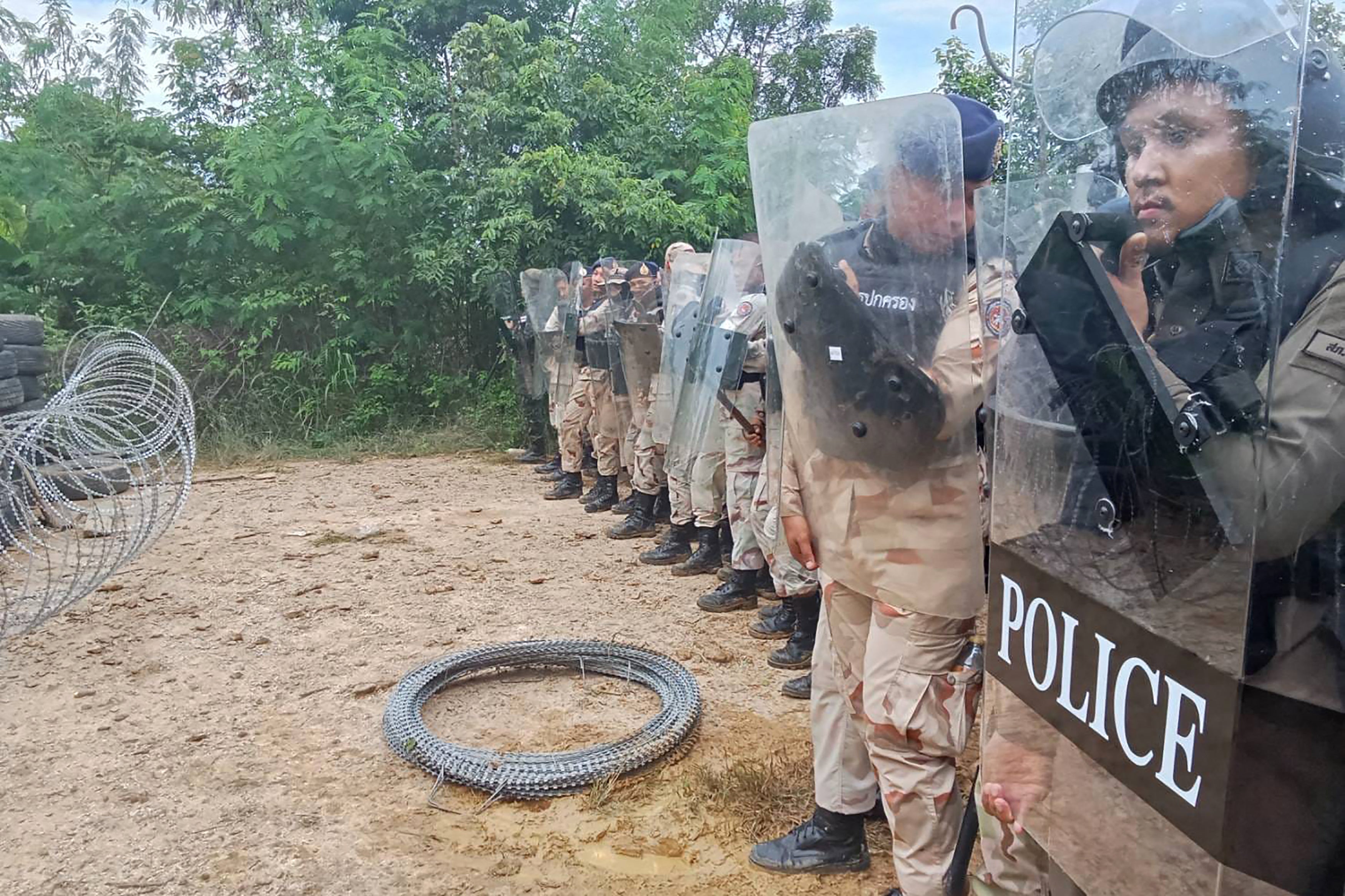
The letter said the tactic was a “grave violation of human rights involving the use of disturbing sounds as a form of psychological intimidation and harassment” along the border between the two countries.
“These sounds, described as intense, high-pitched noises lasting for prolonged periods, have disrupted sleep, provoked anxiety and caused physical discomfort among residents, including women, children, the elderly, the sick and persons with disabilities,” it said.
Mr Hun Sen said he had spoken with Malaysia’s deputy prime minister, Ahmad Zahid Hamidi, to inform him about the alleged noise campaign.
He expressed his gratitude to Malaysian leader Anwar Ibrahim for helping to broker the ceasefire, but said the situation along the border remained tense.
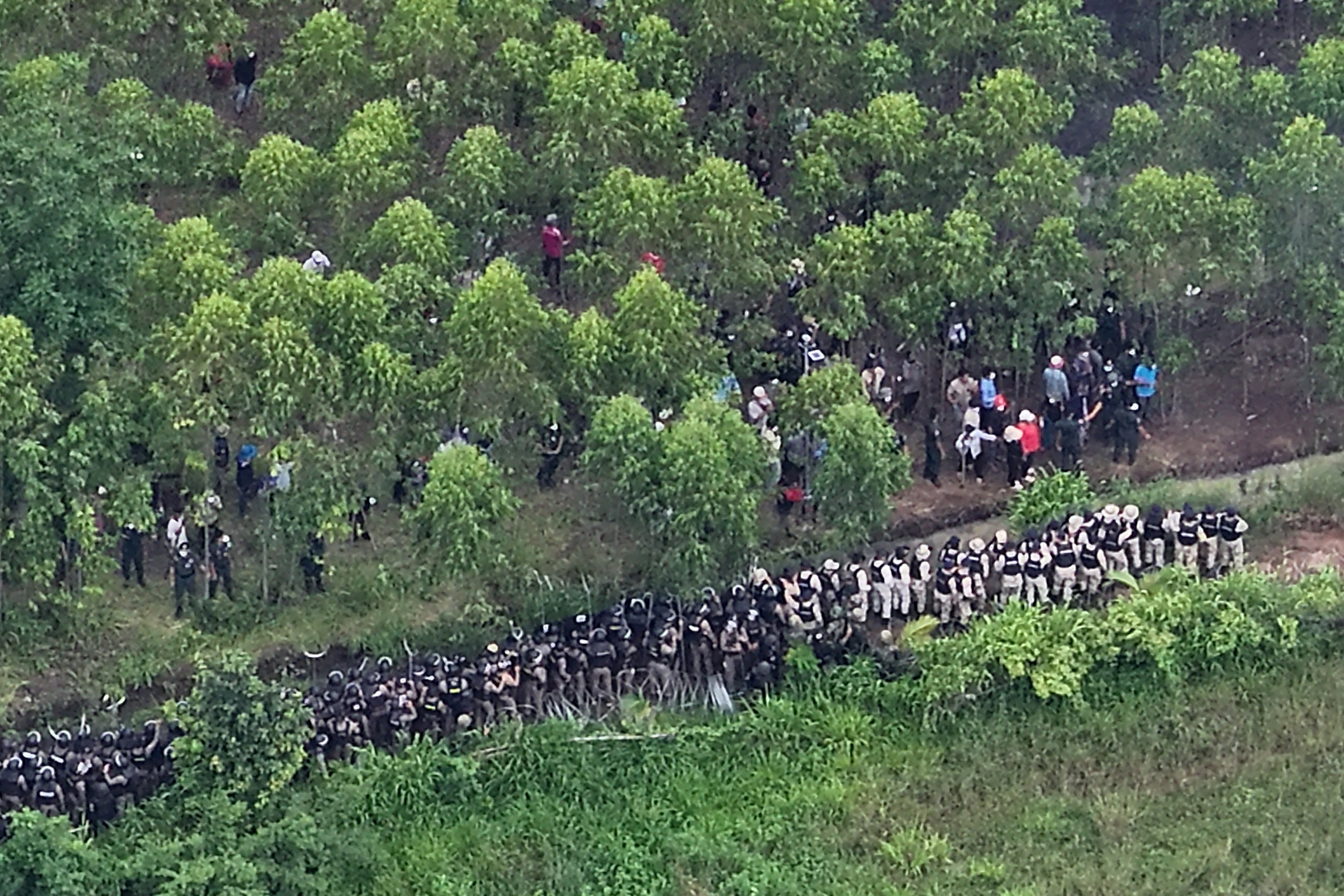
Child Rights Coalition Cambodia said the relentless noise campaign by Thailand is having an adverse impact on children’s mental health, leading to symptoms of trauma and anxiety.
“First, it affects children’s mental health. When there is noise – especially frightening and unsafe sounds – it disrupts their sleep. Loud and scary noises often cause children to have nightmares and panic attacks at night,” Yan Lay, executive director of the organisation said.
“These disruptions also impact children’s daily education. Many are afraid to go to school in the morning or evening. When they are scared, they cannot focus on their studies,” he added.
Kannawat Pongpaibulwech, a self-proclaimed Thai crusader and influencer, has claimed responsibility for blasting the loud sounds along the border, according to The Nation, with the permission of the Thai Army overseeing border security.
He said his aim was to drive out Cambodian settlers encroaching into Thai territory, according to the report.
The five days of clashes in July saw both sides trade artillery fire and air strikes along contested stretches of their 817km border. It was their deadliest border conflict in more than a decade.
The violence began at a flashpoint near the ancient Ta Moan Thom temple in Thailand’s Surin province, and quickly spread to other disputed areas. Cambodian officials accused Thailand of launching air strikes and dropping bombs on roads inside its territory.
A truce, brokered by Malaysian prime minister Anwar Ibrahim, was reached on 28 July after US president Donald Trump said he had spoken to the leaders of Thailand and Cambodia.

.jpeg)
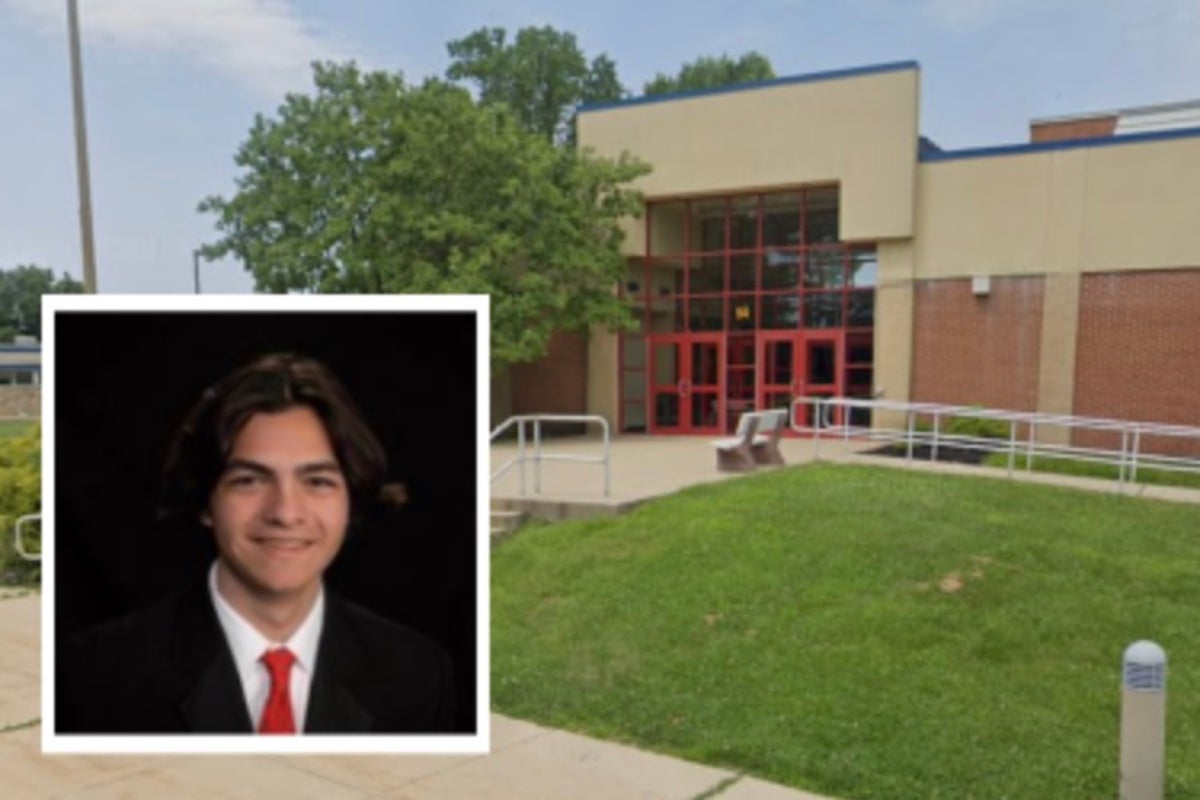










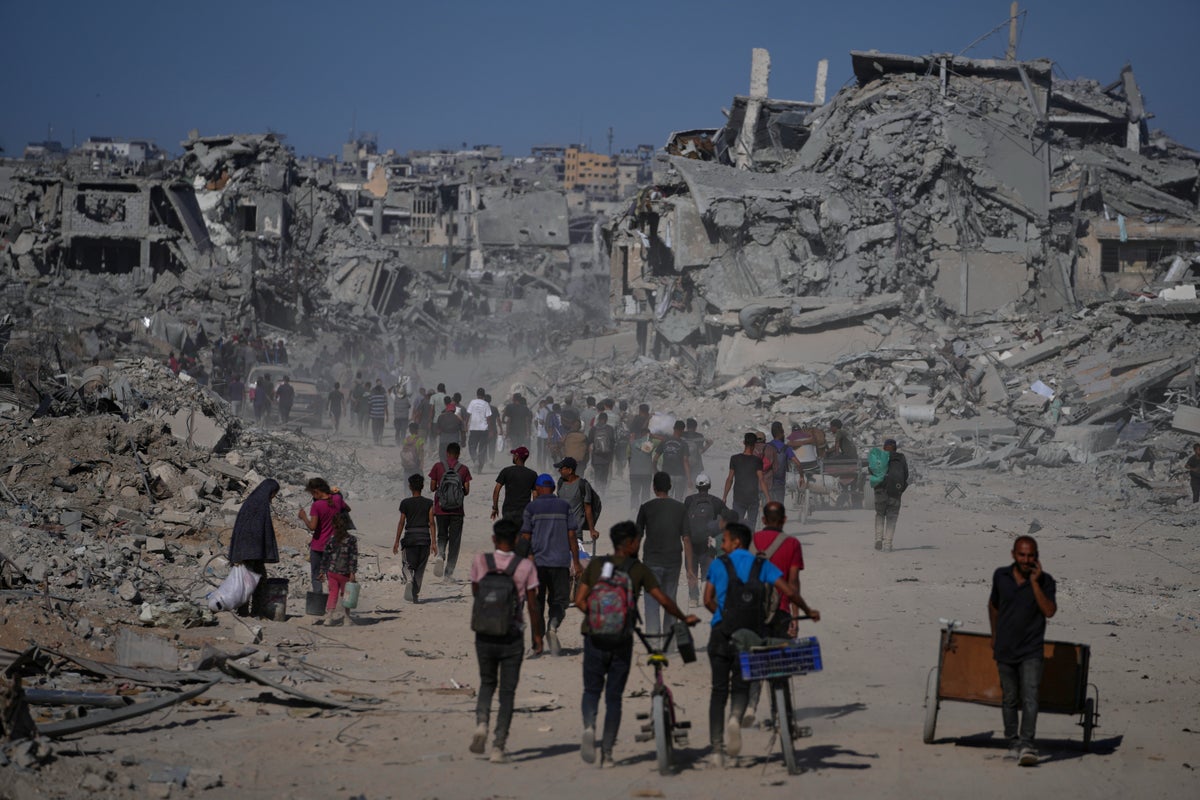










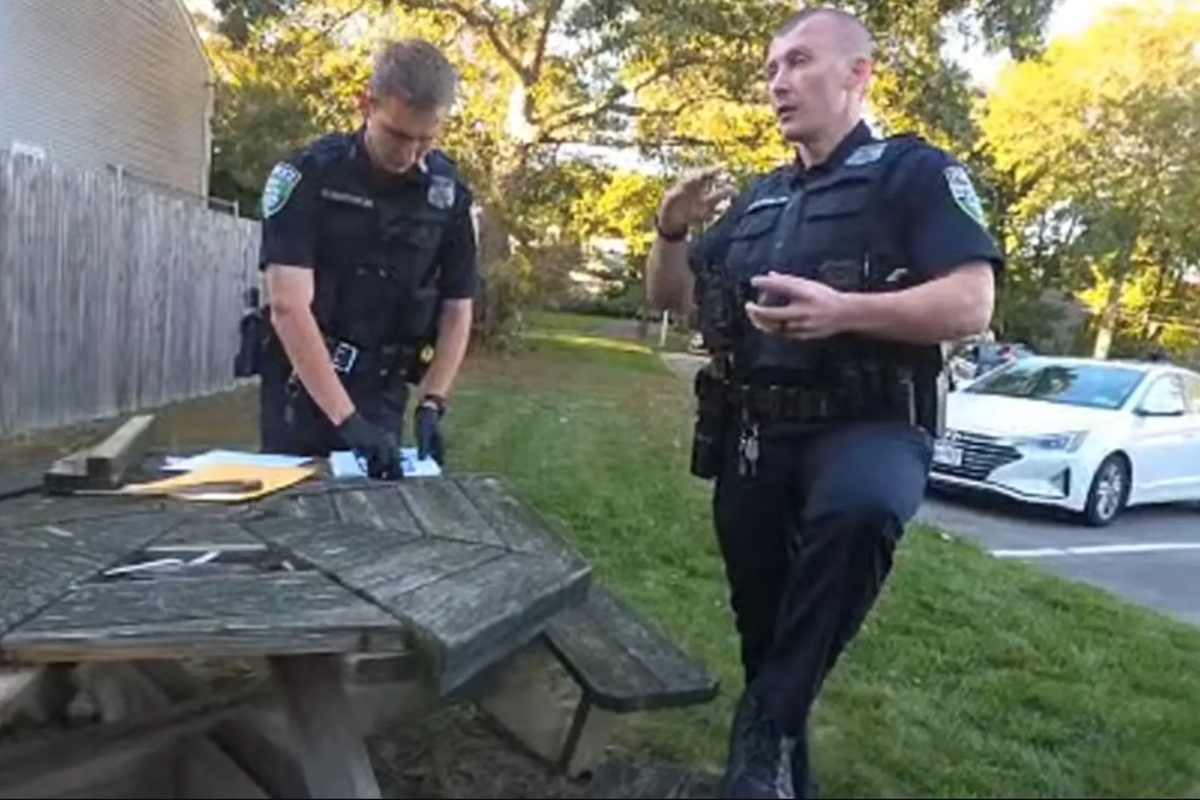
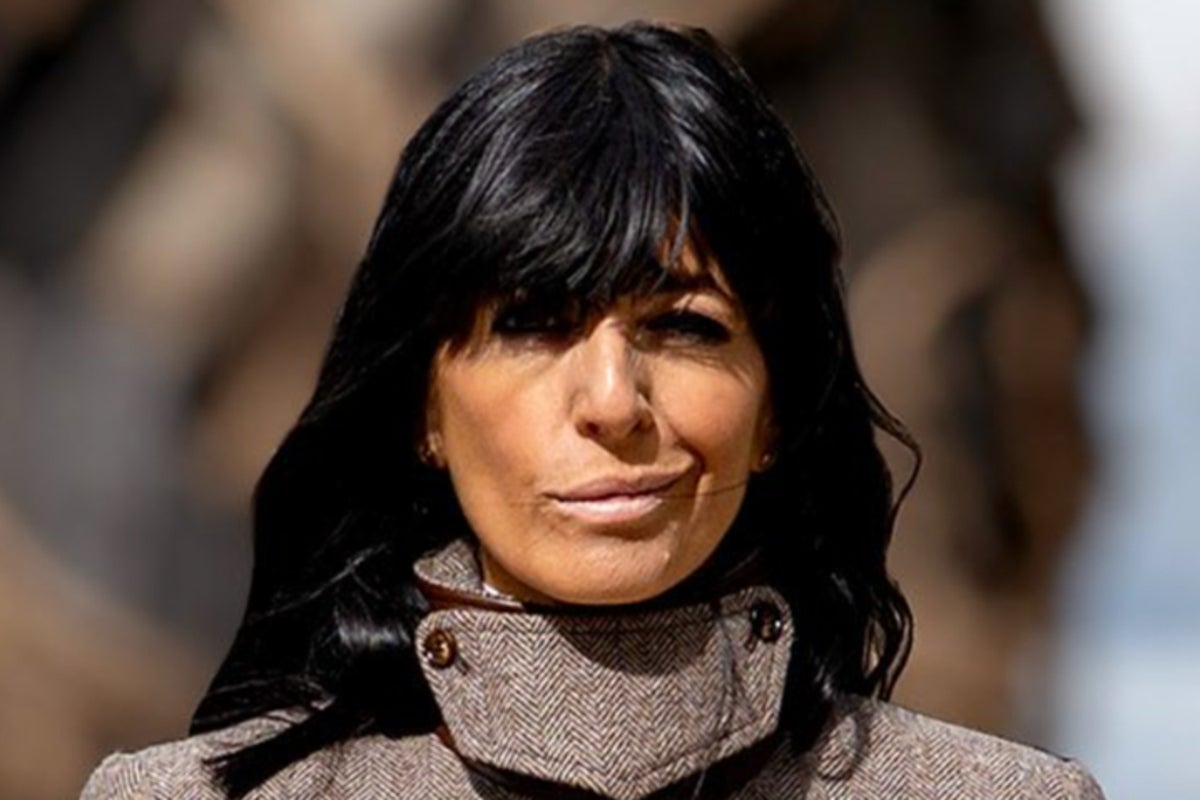




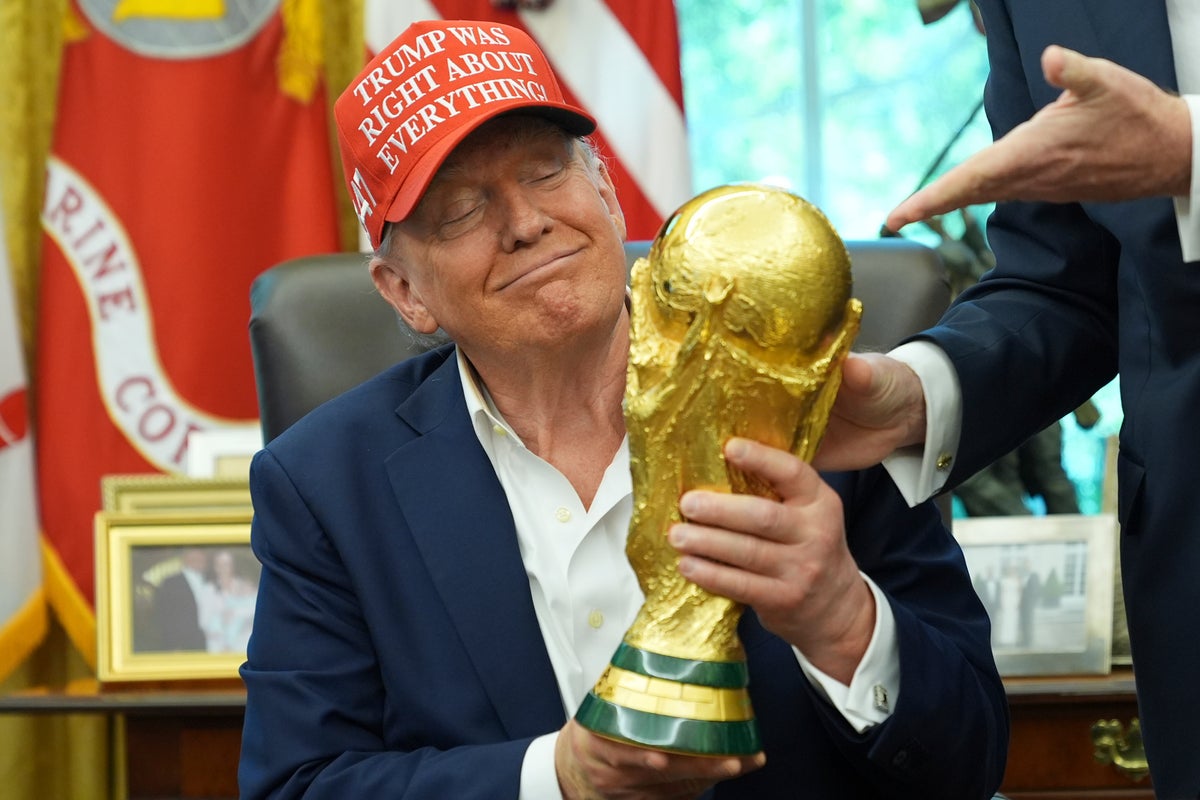








 English (US) ·
English (US) ·